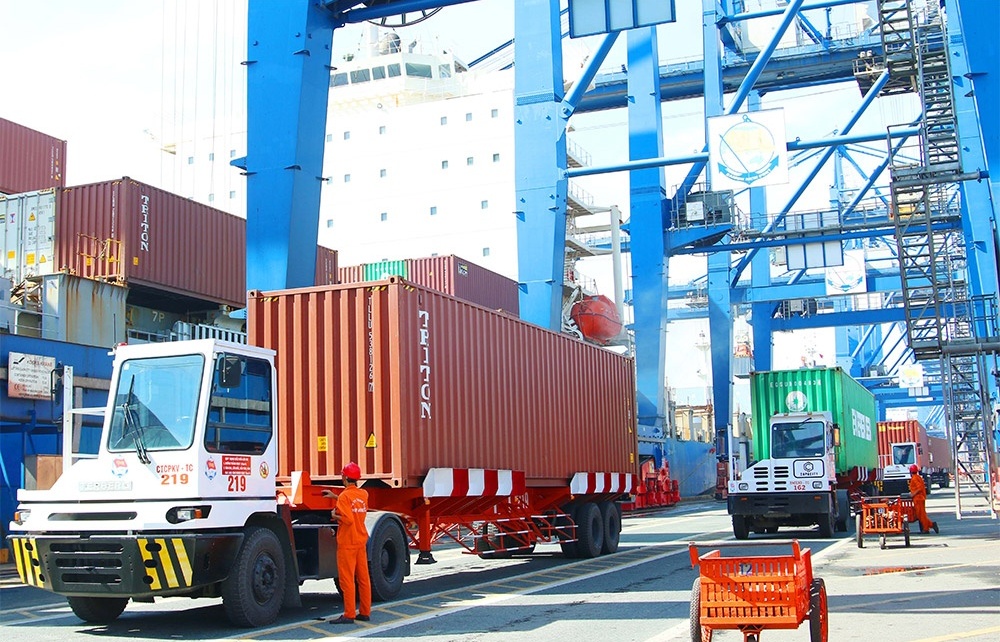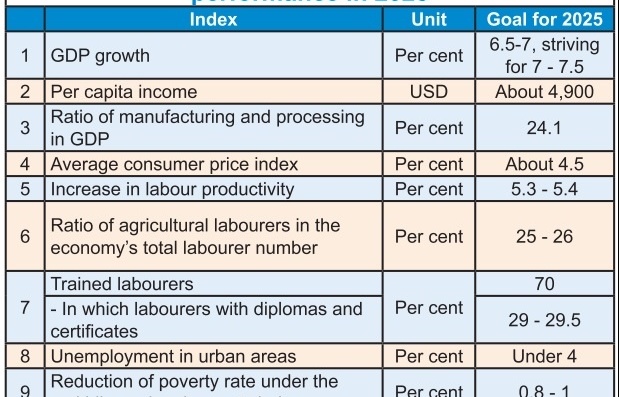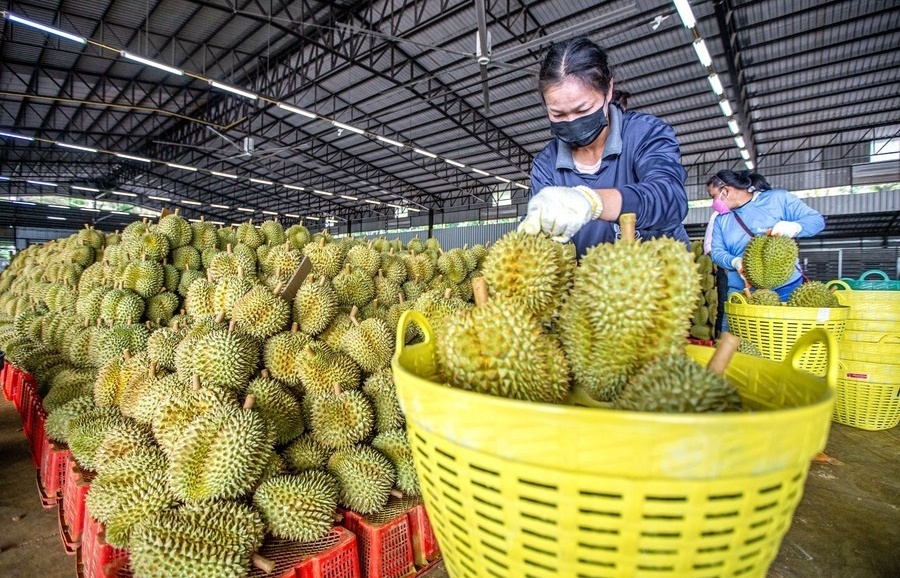European banks hail deposit move
European Union banks operating in Vietnam are now permitted to accept Vietnamese dong deposits at the same level as their American counterparts, according to a new decision issued by the State Bank of Vietnam last week.
Banks like HSBC now operate under the same deposit regime as US counterparts in Vietnam |
Under the decision effective March 1, EU banks in Vietnam can receive dong deposits of up to 350 per cent of their registered capital from individuals and 400 per cent from companies without credit ties.
American banks obtained the new limits, raised from the earlier level of 250 per cent, last December.
The move comes as the Prime Minister directs the gradual opening of Vietnam’s financial and banking sector as part of the country’s WTO commitments, which are aimed at creating a level playing field for non-US foreign banks in Vietnam, as American banks are already catered for under the Vietnam-US Bilateral Trade Agreement (BTA).
Representatives of EU banks in Vietnam contacted by Vietnam Investment Review last week hailed the central bank’s move, believing it would create a more equitable environment for foreign credit institutions in Vietnam.
“This is a positive move that was expected by European banks following the latest WTO bilateral agreement,” said Alain Cany, CEO of the Hong Kong and Shanghai Banking Corporation (HSBC) in Vietnam.
“We see it more as a matter of principle...and a good move forward to a more level playing field in Vietnam’s banking sector,” he added.
In their campaign to be treated on a par with US institutions, Cany and other EU bankers asked the central bank to devise a plan to increase their market access.
In April last year, the SBV raised the dong deposit cap for EU banks to 250 per cent in exchange for the EU scrapping quotas for textile imports from Vietnam.
The SBV adjusted the rate of capital mobilisation for foreign banks in Vietnam from 25 per cent to 50 per cent of their chartered capital last September.
This step was considered a landmark in the process of loosening restrictions on capital mobilisation operations of foreign banks in Vietnam.
Foreign bank branches are also now permitted to buy shares at local banks, which means they can act as investors and function as partners in developing new products and services.
There are currently four joint-venture banks, 29 foreign bank branches and 46 representative offices operating in Vietnam.
What the stars mean:
★ Poor ★ ★ Promising ★★★ Good ★★★★ Very good ★★★★★ Exceptional
Related Contents
Latest News
More News
- Mitsubishi Estate launches Logicross Hai Phong - a milestone in logistics evolution (November 20, 2024 | 14:32)
- Semiconductor workforce partnerships deliver industry-relevant training (November 20, 2024 | 10:58)
- German Quickpack to invest $31.7 million in Long An province (November 20, 2024 | 09:31)
- Foreign-invested enterprises drive logistics investment in the southeast region (November 20, 2024 | 09:27)
- Chile visit underscores trade benefits (November 19, 2024 | 10:00)
- Trump’s second term impacts sci-tech activities and industry 4.0 technologies (November 18, 2024 | 10:00)
- Vietnam eyes nuclear revival to bolster energy security (November 14, 2024 | 16:46)
- Kyokuyo completes $13.5 million seafood factory in Vietnam (November 14, 2024 | 12:19)
- VinFast receives $3.5 billion funding from Vingroup and Pham Nhat Vuong (November 14, 2024 | 06:38)
- Localities sprint to reach FDI targets (November 13, 2024 | 10:00)


 Tag:
Tag:



















 Mobile Version
Mobile Version